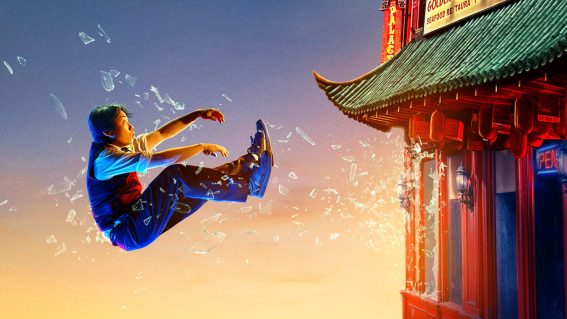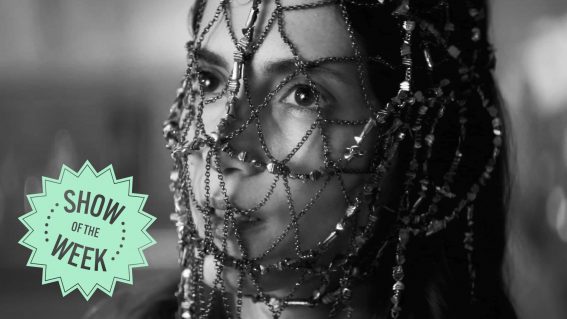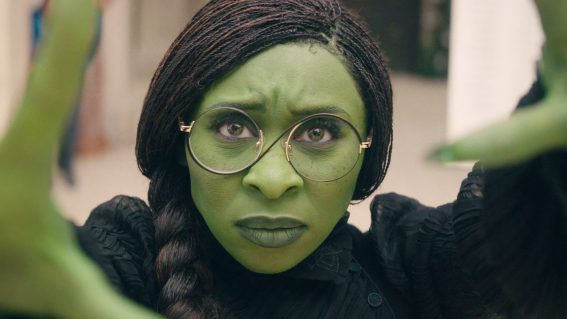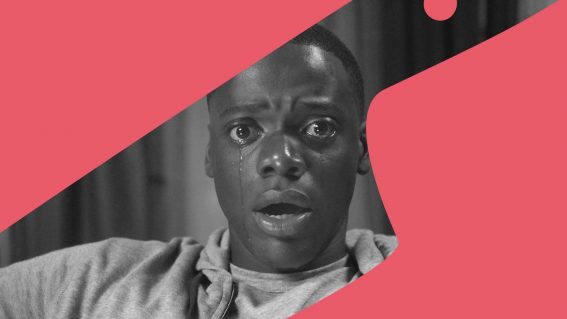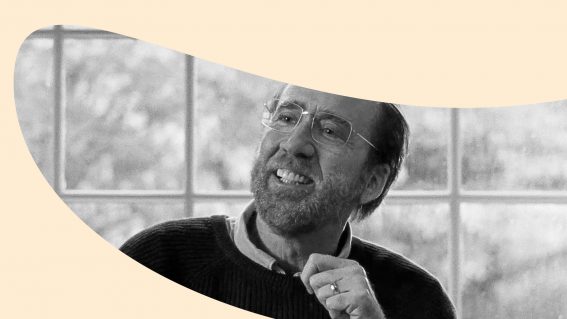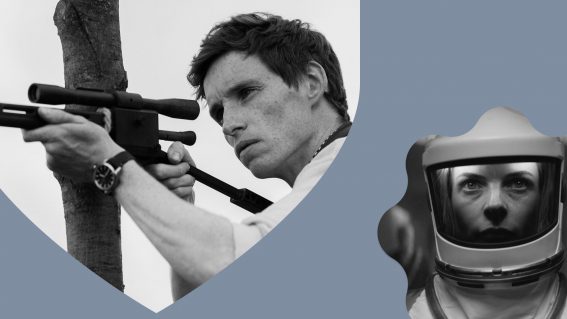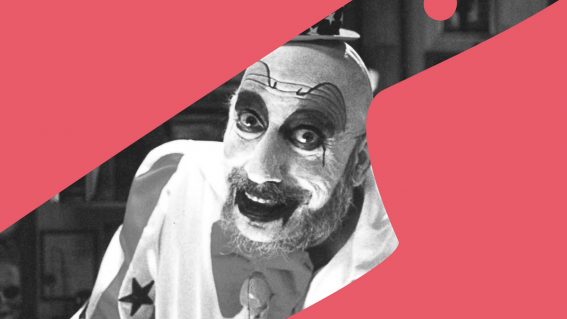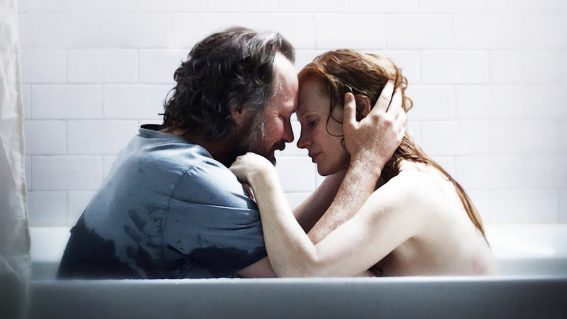The wonderful VR film Lucid sends viewers tumbling through the dreamscape of an old lady’s imagination
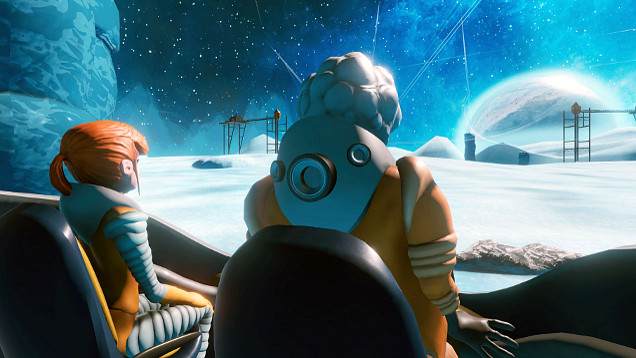
Nothing to see here: just a stunning film that sends viewers into an ageing lady’s imagination and allows them to physically move through her world. The VR production Lucid is a wonderful achievement, says critic Luke Buckmaster.
In the animated VR film Lucid, the audience journeys through the deep recesses of an ageing lady’s subconscious as her daughter pursues an Inception-like mission – but in reverse. Rather than wishing the subject to stay asleep, as the secret-pilfering espionage agents did in Christopher Nolan’s blockbuster, here the trek through the far outreaches of a person’s mind is an attempt to rouse them from a coma. Not to steal something but to save something: the woman’s life.
Director Pete Short renders enigmatic areas of the psyche as vividly real spaces that the protagonist – and by turn the audience – navigate through. This glossy, computer-drawn film plays like a kind of theme park of the mind, feasting on the imaginative powers of childlike experiences while the broader context connotes grim adult realities.
Short’s 16 minute production (which played at last year’s Venice International Film Festival) has the emotional heft of many films four, five, six times as long. The dichotomy of a boundless imaginative brain versus the constraints of body and mind is reflected in the introductory sequences. In the first we are underwater, in a pretty aqua environment, and in the second a hospital room where a deathly-looking woman lies listlessly on an operating table.
This is Eleanor (voice of Nicky Goldie), a children’s book author on death’s door. Her daughter Astra (voice of Jaleh Alp) uses presumably cutting edge technology (the film is based in an undetermined future time) to shoot herself into the realms of her mum’s mind. Each of the worlds she visits – which include an ice-covered planet and a giant tree house – belong to Eleanor’s literary creations, Eleanor herself appearing in the form of one of her characters.
Lucid was constructed with six degrees of freedom (DoF), which allows viewers a limited ability to physically move through the virtual space. Should we get closer to her corpse-like body or keep our distance? We are rewarded for literally sticking our nose where it doesn’t, at least in the virtual world, belong. If one moves their heads right through Eleanor’s – as in, moves physically through the exterior of her virtual skull – they will see a lovely scene rendered inside her brain, of a small lighthouse on top of a grassy hill.
Visual motifs, which are key elements of the cinematic experience, have been neglected in virtual reality films so far – forgotten by VR directors, perhaps, amid the excitement of a new medium. Later we see the lighthouse in the distance on a island connected to a bridge. This becomes the scene for a gripping recreation of the car crash that put Eleanor into the coma. Short combines the fantastical, scrambled qualities of a dreamscape with the dramatic idea of revisiting a traumatic moment.
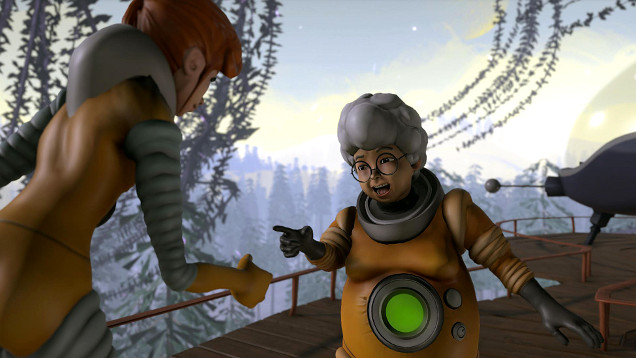
The car crash feels sort of real and sort of not, as if drawn in the shadowlands between wakefulness and sleep. The viewer is situated in the back of the vehicle. Like in the wonderful Oscar-nominated VR short Pearl, which is based entirely inside a car – using the space to reflect on the passage of time and the relationship between a father and daughter – the vehicle visualises the virtual bubble, a concept outlined by Laura Escot in her essay Narrative grammar in 360. It also provides a clear vantage point from which to observe the action. In early sequences the vehicle is a spaceship with no rear window – communicating that there’s no point in turning your head to observe that portion of the space.
Short understands that an immersive 360 environment means nothing, narratively speaking, if the viewer’s freedom to control their gaze results in key information being lost (likewise for other titles from the production company behind Lucid, Breaking Fourth, including the conceptually fascinating Ctrl, which boldly tells a drama about domestic violence through footage of a young gamer broadcast on screens above a futuristic arena where a chess-like battle game takes place). Effective use of location in VR films has an effect unlike traditional cinema, in that our brains are tricked into believing we really have visited these places, and our memory records them accordingly. We leave Lucid not just feeling like we’ve visited zany worlds, but that we’ve tumbled through the detritus of an old lady’s imagination.
Lucid is now available exclusively on VivePort. Head here for more information.

